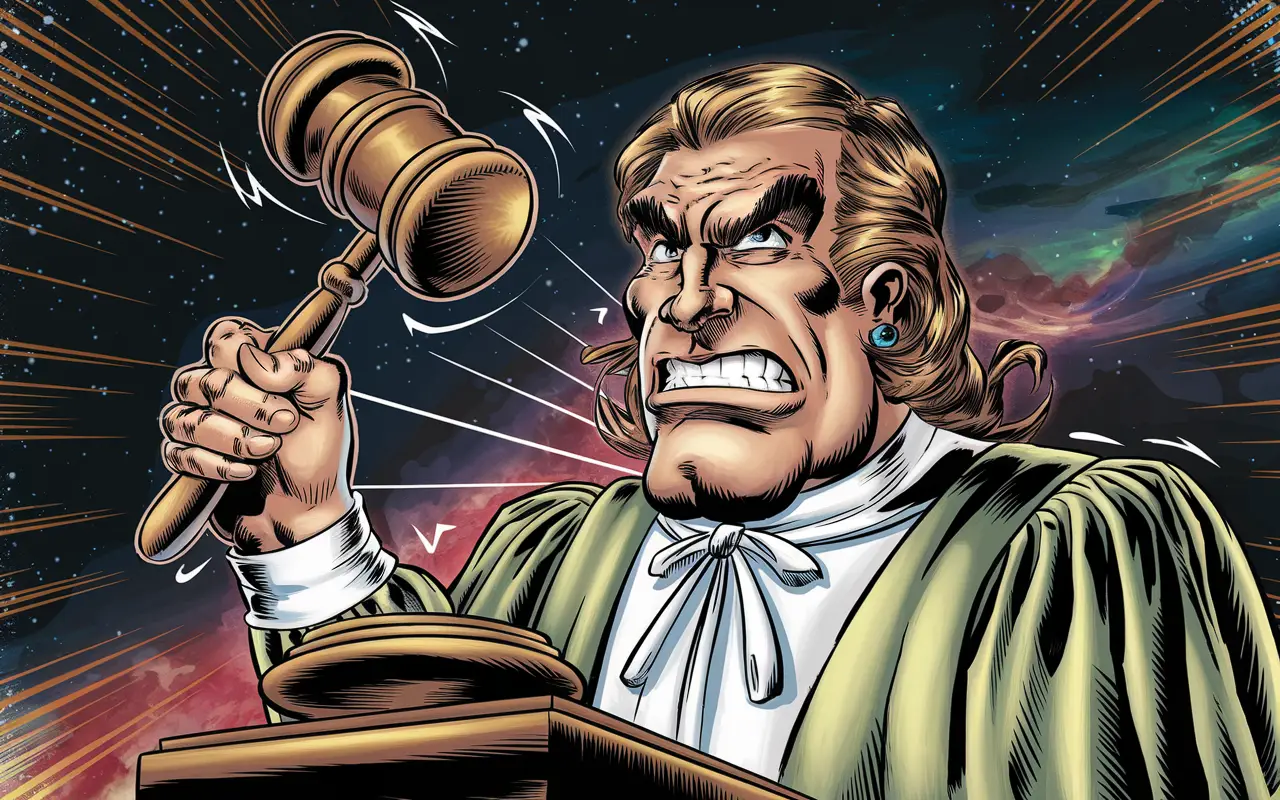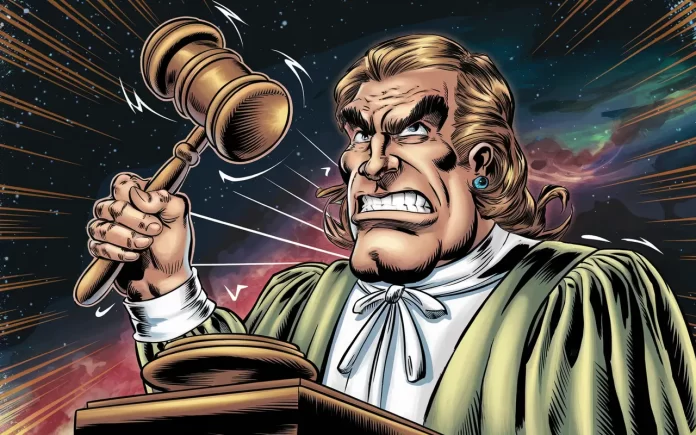
Understanding the Judiciary’s Role in US Politics
The judiciary is a cornerstone of the United States political framework, wielding significant influence over the nation’s legal and political landscape. At the heart of this system is the Supreme Court, which, through its power of judicial review, plays a pivotal role in interpreting the Constitution and shaping legal precedents.
The Supreme Court and Judicial Review
The Supreme Court’s authority to interpret the Constitution is known as judicial review. This power allows the Court to invalidate laws and executive actions that it finds unconstitutional, thereby acting as a check on the legislative and executive branches. This function is crucial in maintaining the balance of power within the federal government.
For instance, landmark cases such as Brown v. Board of Education and Roe v. Wade have had profound impacts on American society, influencing everything from civil rights to reproductive rights. These decisions demonstrate the Court’s ability to effect significant social change through its interpretations of the Constitution.
Federal Courts and Judges: Shaping Political Decisions
Beyond the Supreme Court, federal courts and judges across the country play a vital role in shaping political decisions. These courts handle a wide array of cases, from civil rights to environmental regulations, and their rulings can set important legal precedents.
Judges, appointed for life, bring their interpretations and philosophies to the bench, which can influence the outcomes of cases and, by extension, the political landscape. For example, the appointment of judges by different administrations can lead to shifts in judicial philosophy, impacting decisions on key issues such as healthcare, immigration, and voting rights.
The Constitution: A Living Document
The Constitution is often described as a living document, meaning its interpretation can evolve over time to reflect contemporary values and societal changes. The judiciary plays a crucial role in this evolution, as judges interpret the Constitution in the context of modern issues.
This dynamic interpretation is evident in cases involving technology and privacy, where courts must apply constitutional principles to new and complex situations. As technology continues to advance, the judiciary’s role in interpreting these issues will become increasingly important.
Legal Precedents and Their Impact
Legal precedents set by the judiciary have long-lasting effects on the legal system and society. These precedents guide future court decisions and can influence legislation and public policy.
For example, the precedent set by Obergefell v. Hodges, which legalized same-sex marriage nationwide, has had a lasting impact on civil rights and equality. Such decisions underscore the judiciary’s power to shape societal norms and values.
Current Trends and Challenges
In recent years, the judiciary has faced several challenges, including debates over judicial appointments, the politicization of the courts, and the increasing complexity of cases involving technology and global issues.
The appointment process for judges, particularly Supreme Court justices, has become highly politicized, with significant implications for the Court’s composition and decisions. This trend raises questions about the judiciary’s independence and its role as an impartial arbiter of the law.
Moreover, as global issues such as climate change and international trade become more prominent, the judiciary will need to navigate complex legal landscapes that require a nuanced understanding of both domestic and international law.
Conclusion
The judiciary’s influence on US politics is profound and multifaceted. Through its power of judicial review, interpretation of the Constitution, and setting of legal precedents, the judiciary shapes the nation’s legal and political landscape. As society continues to evolve, the judiciary will remain a critical player in addressing new challenges and ensuring the balance of power within the government.
Understanding the judiciary’s role is essential for anyone interested in the intersection of law and politics, as it provides insight into how legal decisions can drive societal change and influence political outcomes.


